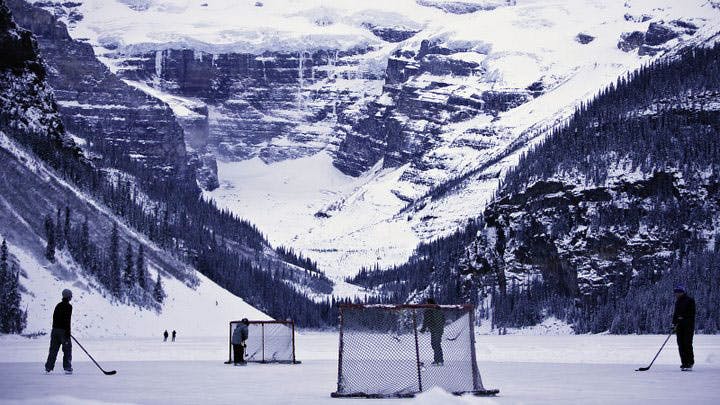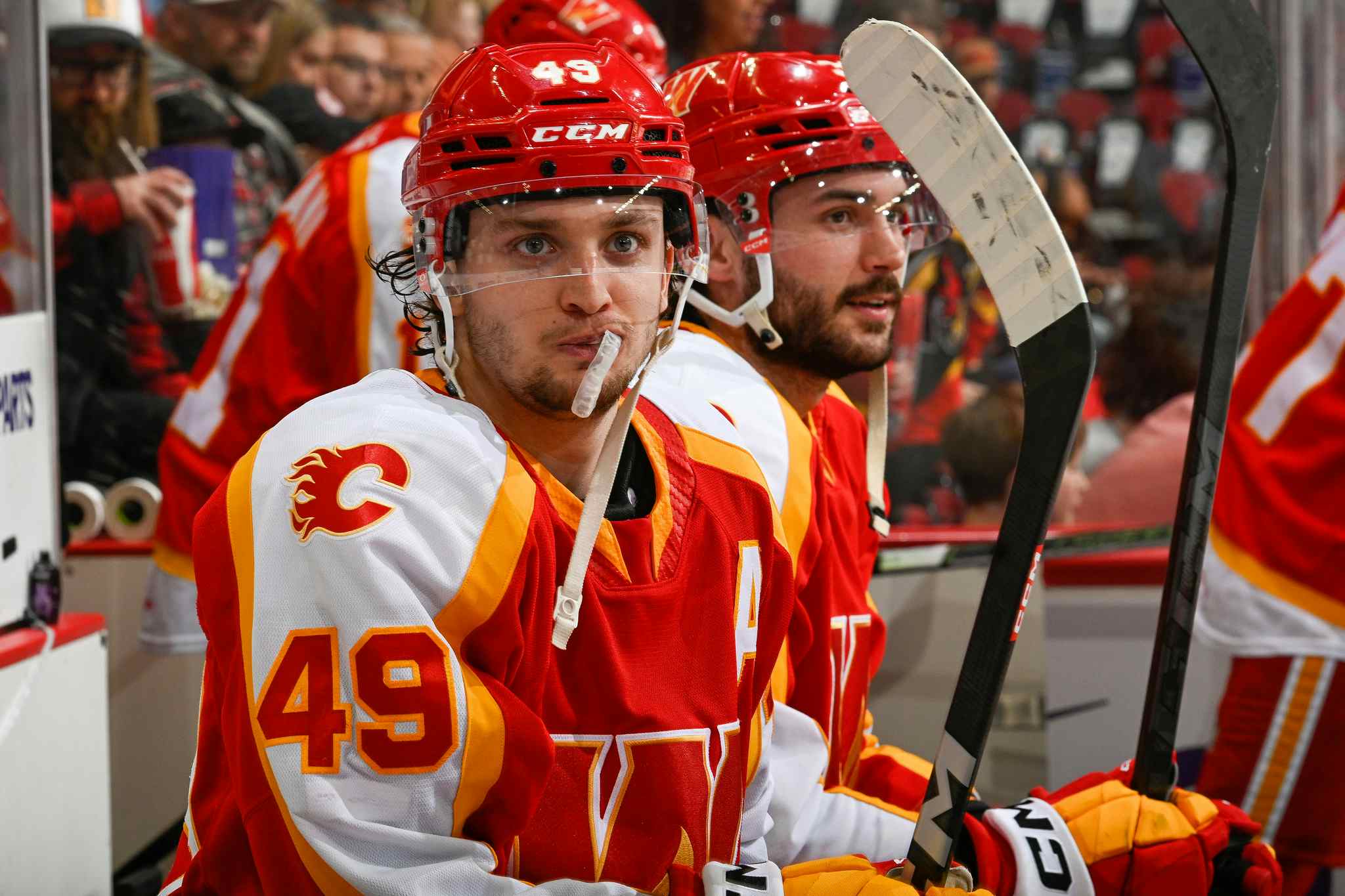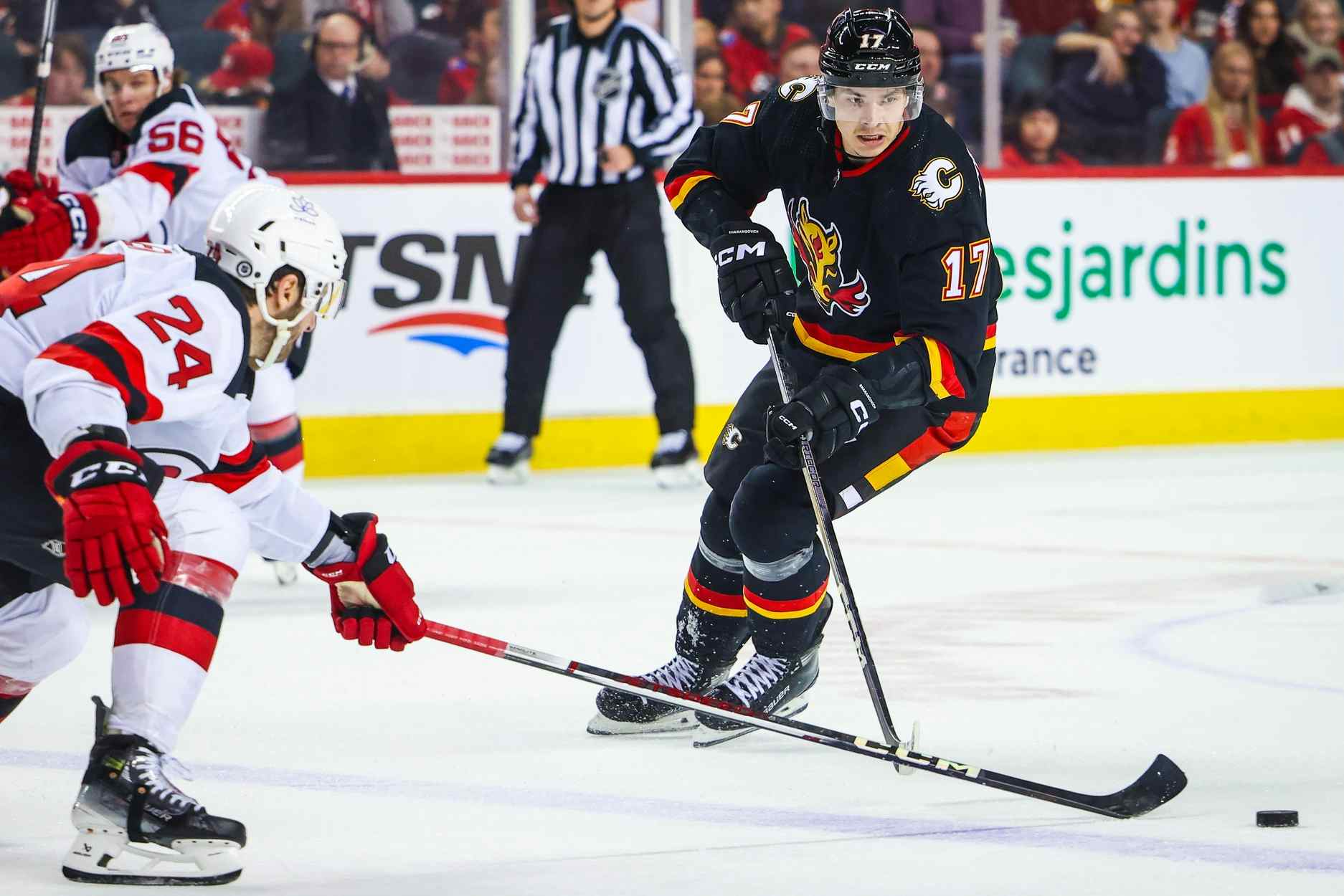Compare and Contrast: The Death of Hockey
Adam Proteau of The Hockey News saw the same study on the demise of hockey in Canada that I did, but his view is slightly different from mine.
Shocked? Mortified, even? You shouldn’t be if you’ve read my rants over the years. Bibby identifies the same factors – the change effected by immigrants from countries where hockey isn’t embedded in the citizenry; and the vast and ever-expanding amount of entertainment options, televised or otherwise, now available to consumers – I’ve noted for as long as I’ve been with THN.
In other words, I think a lot of Bibby’s findings can be rather easily explained away, and I find it rather more likely that his conclusions about the demise of the sport stem from either a) personal feeling or b) the desire to generate some publicity for his work. Regardless, the data certainly isn’t firm enough for the sweeping generalizations that he makes.
I suggest reading both articles and comparing the findings; I see a sociologist craving a little publicity for his new book, while Proteau sees validation for his “rants” over the years.
Let’s assume for a moment though, that Proteau is right and I’m wrong. Here’s what Proteau suggests to combat this apparent decline in interest in the sport:
To believe the future of sports in Canada will play out as the present has – with hockey on top and all other disposable-income options in its slipstream – is the height of dominant-culture arrogance. Massive and multiple investments in the infrastructure of the game (i.e. building new arenas, making it more affordable and welcoming to different ethnicities) are absolutely paramount in addressing problems that Bibby’s studies show already are taking their toll.
Those are fine suggestions, I’m sure, although Proteau leaves out exactly how they’re supposed to be accomplished. For example – how does one a) invest a bunch of money in new buildings while b) make hockey more affordable? I’m not sure what things are like in Toronto, but from what I’ve seen whenever new arenas get built the price to play in them is through the roof. The only way around that obstacle that I can see is have public money thrown into new arenas – something that is already happening around the country (in my hometown, for example, a new arena is being completed as I write this, at a tremendous cost to taxpayers).
Thinks like welcoming “different ethnicities” are always a good idea, but are rather difficult to implement in practice.
Perhaps I’m being overly harsh to Proteau (if you think so, please chime in below) but I see his interpretation of Bibby’s work as an act of self-congratulation, and I see his suggestions as vague and (as currently structured) useless.
Further (and as a request for the comments section) I’ve been browsing through Proteau’s work over the past year (both his blog and his columns) and while he’s often critical of the NHL, I haven’t been able to find much in line with what he says he’s been arguing for years. The best piece I’ve found so far is this September 2008 column which argues in favour of continued debate on the game. If anyone has seen specific articles of Proteau’s, further detailing the three suggestions I criticized above, please pass it along.
Recent articles from Jonathan Willis






